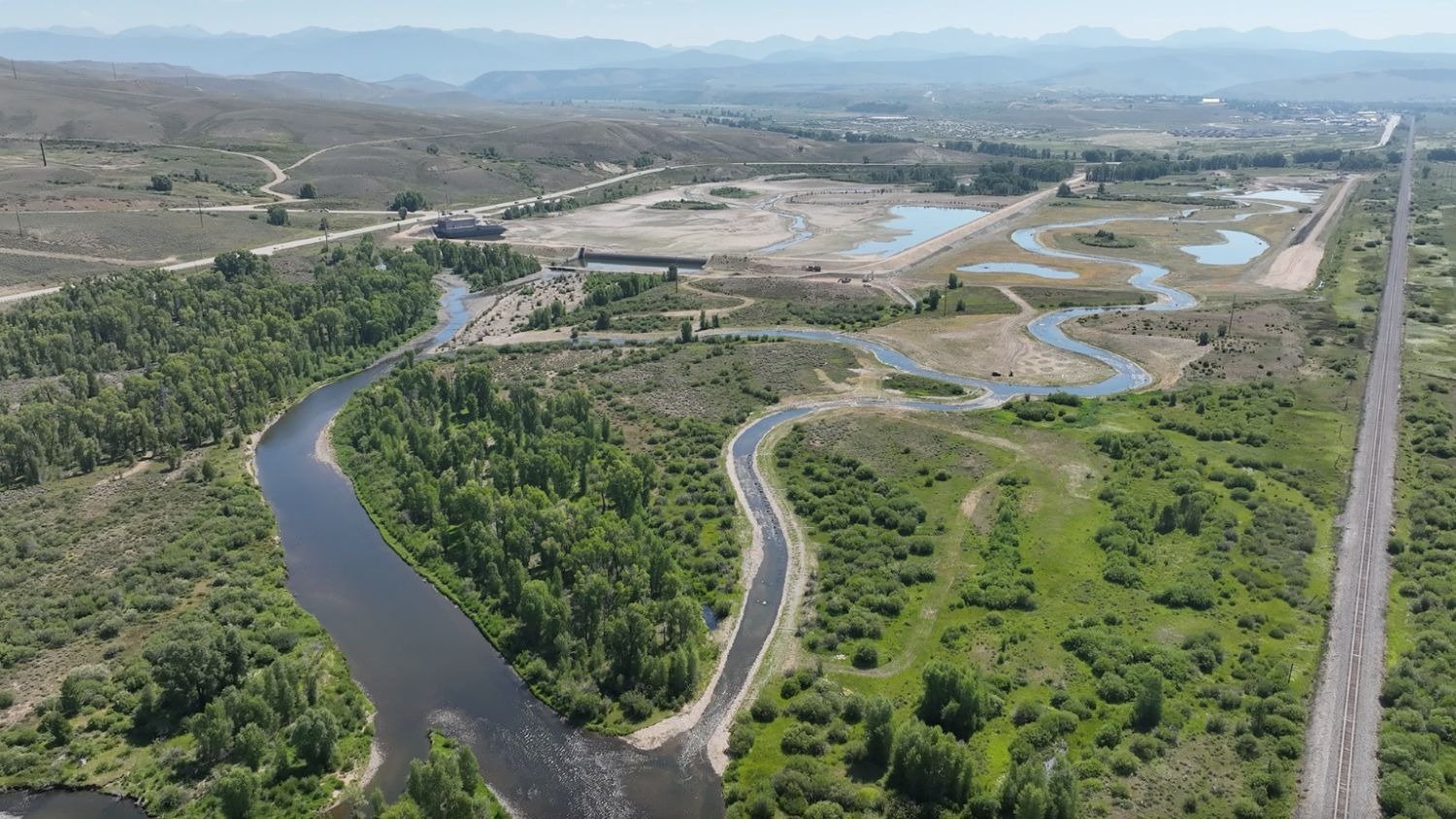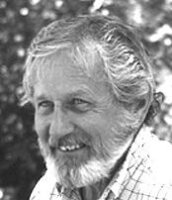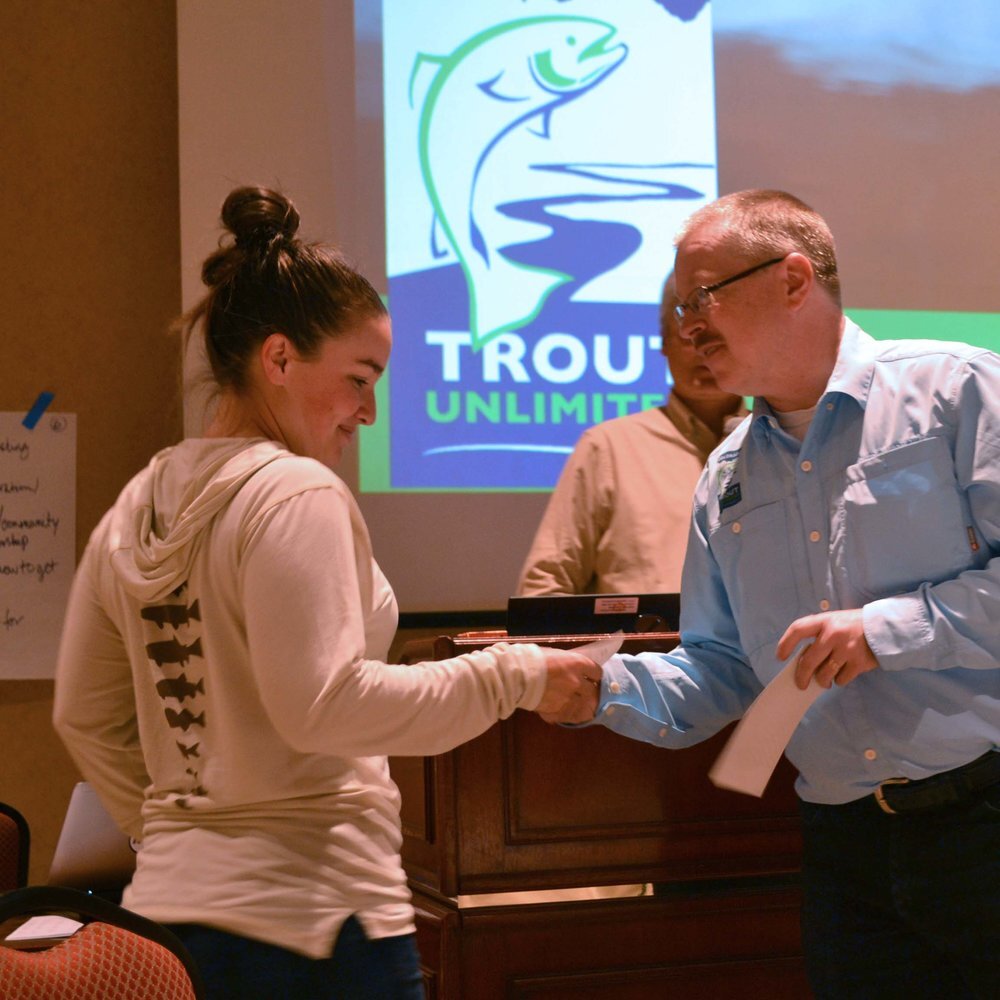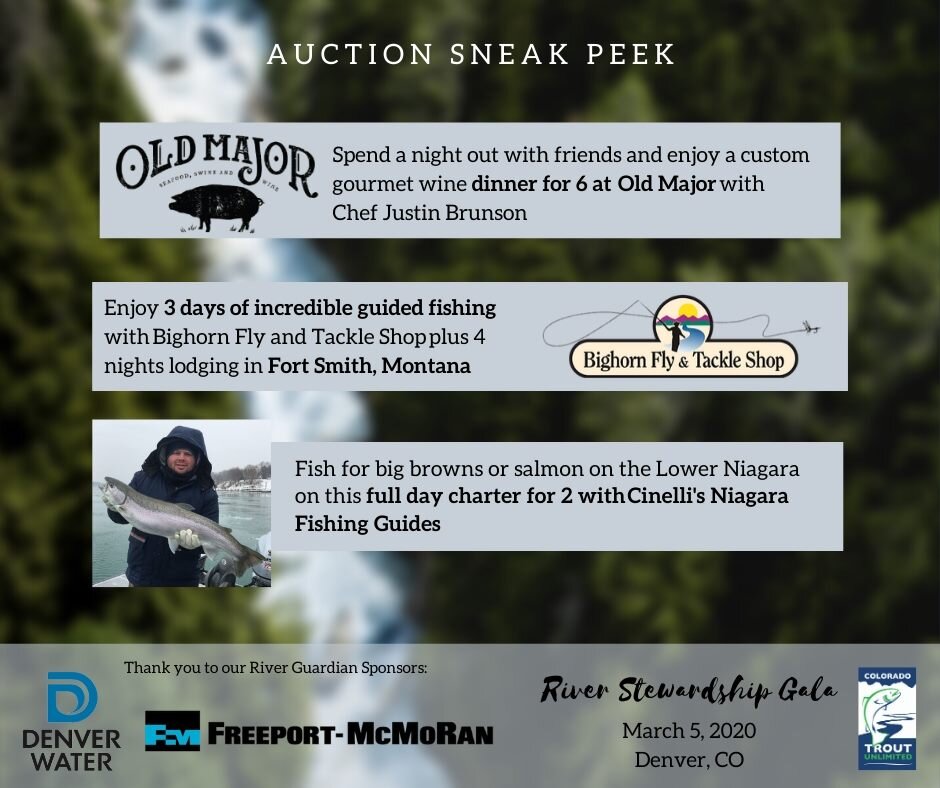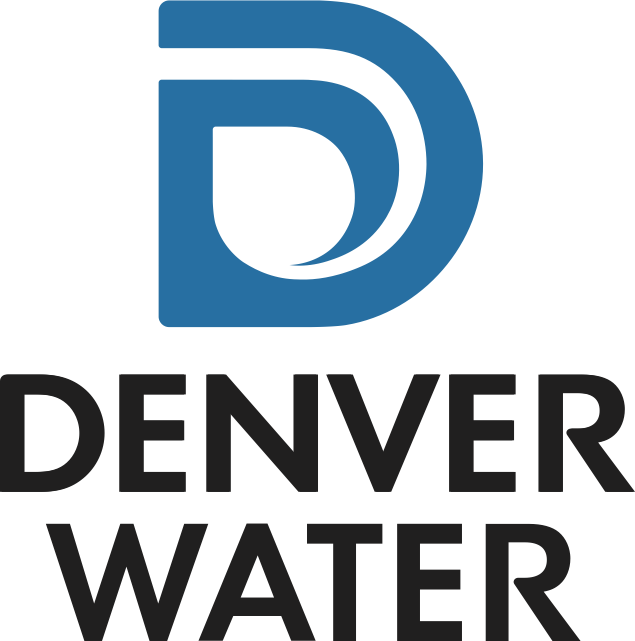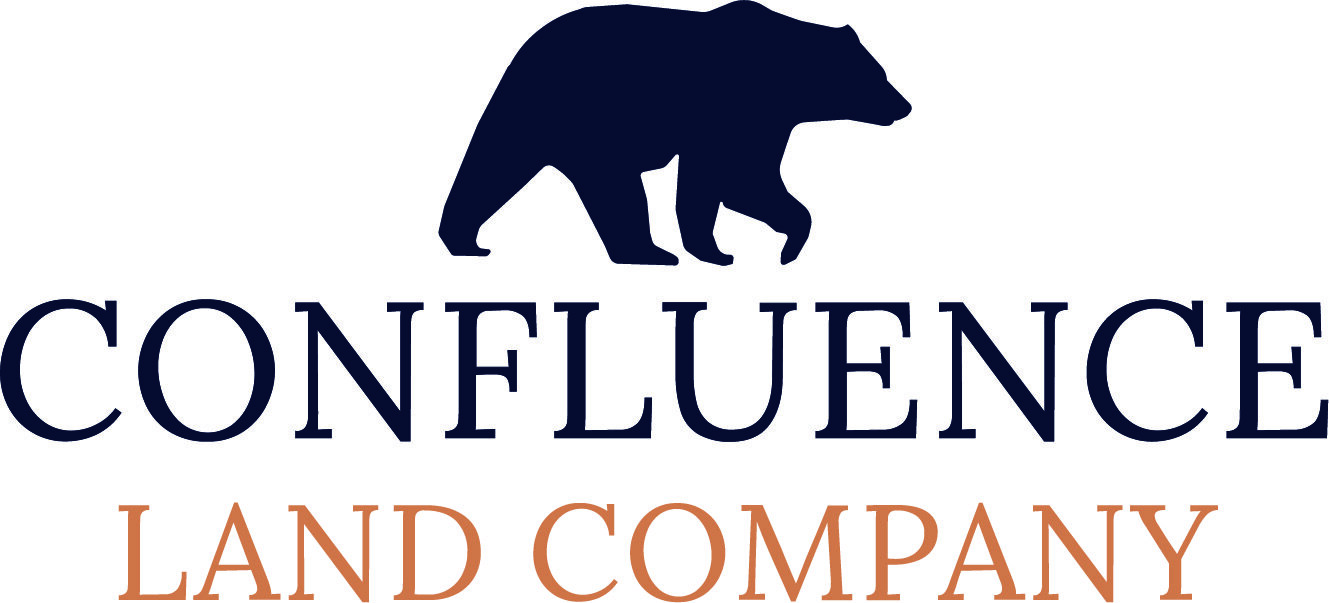“I think we’re going to see a much longer period of aridity and therefore, incredibly creative thinking that’s going to have to come about,” said Andy Mueller, General Manager for the Colorado River Water Conservation District. “It doesn’t spell the end of civilization in the southwestern United States. What it means though is our civilization’s going to have to transform.”
“One year ago, RMPBS organized a statewide listening tour and engaged local advisory committees to better understand which topics are most important to their communities,” states Amanda Mountain, President & CEO for Rocky Mountain Public Media. “Water repeatedly surfaced as both an historic and contemporary issue, which led us to invest in programming and partnerships to continue these conversations around this critical topic.”
Colorado’s statewide water plan prescribes that conversations about water play a role in shaping our shared future in the state and in the broader West. We asked over 40 water experts to provide feedback to RMPBS about how public media can engage those who are not otherwise actively involved in the topic, as well as how best to expand the number of perspectives represented in critical conversations.
“Water Week” includes RMPBS hosted events across Colorado that are free to local communities:
Come enjoy whiskey and beer tastings, and experience the *NEW* one-hour special, Colorado Experience: Western Water and Power.
Feb 25, 6pm
Colorado Springs: ALMAGRE Venue + Bar
Whiskey Tasting, Colorado Experience: Western Water and Power *full screening*, water information tables.
Partners: Business for Water Stewardship, ALMAGRE Venue + Bar, Sterling Ranch, Ax and the Oak.
Event details and RSVP
Feb 25, 6pm
Gunnison: Western State CO University, University Center Theatre
Colorado Experience: Western Water and Power reception, *full screening* and Q&A.
CO Office of Film (host)
Partners: Business for Water Stewardship; the Colorado Office of Film, Television & Media.
Event details
Feb 26, 6:30pm
Pueblo: Walter's Brewery & Taproom
Beer Tasting / SIZZLE Reel & Colorado Experience: Western Water and Power *promo*, information tables.
Partners: Business for Water Stewardship, Walter's Beer.
Event details and RSVP
Feb 26, 5:30pm
Grand Junction: Eureka! McConnell Science Museum (on CMU Campus)
Whiskey & beer tasting, SIZZLE Reel & Colorado Experience: Western Water and Power *promo*, exhibiting community partners.
Partners: Business for Water Stewardship, Eureka! McConnel Science Museum, Colorado River Water Conservation District, Ute Water, Audubon Rockies.
Event details and RSVP
Feb 26, 6pm
Durango: Fort Lewis College Ballroom
Colorado Experience: Western Water and Power *full screening*, reception with beer, panel discussion.
Partners: Four Corners Water Center, Business for Water Stewardship, Dolores Water Conservancy District; Southwestern Water Conservation District, City of Durango Utilities, US Bureau of Reclamation, Mountain Studies Institute, Water Information Program, H2org.
Event details and RSVP
Feb 26, 5:30pm
Montrose: Ute Indian Museum
Colorado Experience: Western Water and Power *full screening* and Q&A.
Partners: Business for Water Stewardship; the Colorado Office of Film, Television & Media.
Event details
Feb 27, 6pm
Denver: Sterling Ranch Community Center in Littleton
Beer tasting, Colorado Experience: Western Water and Power *full screening*, exhibiting community partners.
Partners: Business for Water Stewardship, Sterling Ranch Colorado, Audubon Rockies, Grist Brewery, For the Love of Colorado.
Event details and RSVP
Feb 28, 5pm
Durango: Powerhouse Science Center
Whiskey & beer tasting, exhibiting community partners (no Colorado Experience screening).
Partners: Business for Water Stewardship, Five Rivers Trout Unlimited, Beer2Clear, Steamworks Brewing Company, Carver Brewing Company, Honey House Distillery, Conservation Colorado, H2org.
Event details and RSVP
All “Water Week” event details for local communities can be found at www.rmpbs.org/events/waterweek/
“Water Week” programming on RMPBS begins on February 27th at 7pm with a new episode of Colorado Experience entitled “Western Water & Power”. This program visits the history of Western settlers who dreamed of deserts in bloom, where they chased the mirage of more water than the arid lands could provide. “Whiskey is for drinking and water is for fighting,” describes the urgent struggle every generation of Coloradans faces to control this fleeting but precious resource -- creating hydrodynamic history through structures that can propel water to run uphill toward money and power.
Immediately following at 8pm, Colorado Experience: “Living West – Water” will explore what happened to the Ancestral Pueblo people of Mesa Verde and Goodman Point. After settling in southwest Colorado for over 700 years, the ancestral Pueblo people suddenly left their cliff dwellings and spring-side kivas, leaving behind a variety of archaeological treasures. In this episode, historians and archaeologists discuss the possibility that this drastic move was caused by a devasting drought in the southwest region. Discover the similarities in historic conditions – and what the disappearance of water might mean for the state of Colorado today.
Continuing at 8:30 pm, Confluence tells the story of The Colorado River, which runs through the Western Slope, shaping both the landscape of the American Southwest and the people living near its waters. Confluence follows an up-and-coming indie folk band as they traverse this endangered river system, documenting its places and people through original music.
“Water Week” concludes its programming with “Arkansas River: From Leadville to Lamar” airing at 9:30pm. This program explores the economic and social importance of the river basin including its recreational, municipal, and agricultural value. By the year 2050, the population of Colorado is expected to double, but future growth and economic development hinges on a dependable water supply. In response, the state has developed a plan that will meet the needs of all water users. On RMPBS, come discover why the Arkansas River basin is an important part of that new water plan.
RMPBS wishes to thank all of the local community and statewide partners in supporting our mission of strengthening our civic fabric and convening important conversations that impact our state. Locally RMPBS has received support from the Bureau of Reclamation, Mountain Studies Institute, City of Durango Utilities, Southwest Water Conservation District, Dolores Water Conservancy District, Water Information Program, Powerhouse Science Center, Carver Brewing Company, Steamworks Brewing Company, Five Rivers Trout Unlimited, Beer2Clear, Honeyville’s Honey House Distillery, and the Four Corners Water Center at Fort Lewis College.
On Thursday February 27th RMPBS will also be hosting Carver’s Green Drinks from 5:00-6:45PM to talk about the events of Water Week.
For more information regarding “Water Week,” to RSVP to events, access resources, and learn how to get involved, visit the Rocky Mountain Public Media website at: rmpbs.org/events/waterweek/. The page includes a curated list of resources, and all Coloradans are invited to participate in a statewide survey on attitudes and knowledge are related to water.
Broadcast Schedule:
7pm - *NEW* Colorado Experience: Western Water---And Power
Ever since Western settlers dreamed of deserts in bloom, men have chased the mirage of more water than these arid lands can provide.
8pm - Colorado Experience: Living West - Water
What happened to the Puebloans of Mesa Verde and Crow Canyon? Historians discuss the possibility that this move might have been due to a drought in the Southwest region.
8:30pm - Confluence
The Colorado River shapes both the landscape of the American Southwest and the people living near its waters.
9:30pm - Arkansas River: From Leadville to Lamar
Arkansas River from Leadville to Lamar explores the economic and social importance of the river basin including its recreational, municipal, and agricultural value.
About Rocky Mountain Public Media
Rocky Mountain Public Media is Colorado’s largest statewide, member-supported, multimedia organization and the parent company of Rocky Mountain PBS, KUVO Jazz and THE DROP. Rocky Mountain Public Media has more than 90,000 members representing every county in Colorado and reaches 98% of the state’s citizens through television, radio and digital platforms. A non-commercial media organization by and for the people of Colorado, we create high quality local and multimedia content through Regional Innovation Centers in Denver, Colorado Springs, Durango, Grand Junction and Pueblo. Our enriching journalism, educational and cultural programming connects and engages citizens for lifelong impact. RMPBS, started in Denver in 1956 as Colorado's first public television station, is now a statewide television network, with stations in Denver (KRMA), Pueblo/Colorado Springs (KTSC), Steamboat Springs (KRMZ), Grand Junction (KRMJ) and Durango (KRMU). Visit us at www.rmpbs.org.

